Understanding the Meaning of Business Travel

In today’s interconnected and dynamic global marketplace, business travel is more than just a necessity; it is a catalyst for forging international partnerships, exploring new markets, and driving innovation. Despite the rapid advancements in digital communication technologies, the intrinsic value of face-to-face interactions remains unparalleled in building trust and fostering meaningful professional relationships. This article delves deeply into the multifaceted meaning of business travel—tracing its evolution, exploring its pivotal importance, addressing inherent challenges, and envisioning the future landscape in a post-pandemic world.
The Evolution of Business Travel

Before the COVID-19 Pandemic
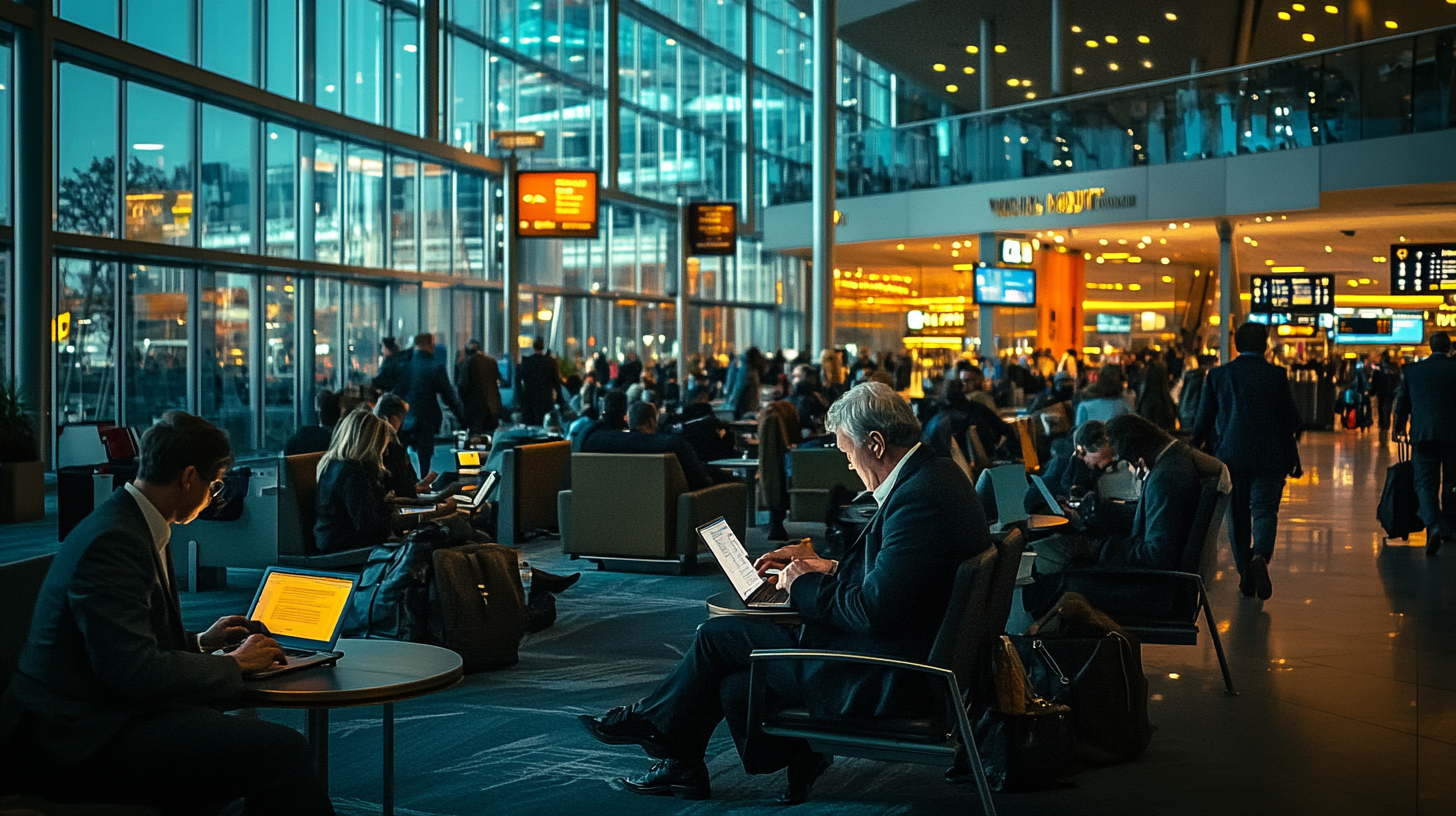
Prior to 2020, business travel was undeniably the lifeblood of corporate expansion and globalization efforts. Professionals across industries embarked on journeys—often crossing continents—to attend crucial meetings, negotiate deals, participate in conferences, and explore burgeoning markets. Nearly 30% of international travel was business-related, underscoring its vital role in the global economy. These travels were not merely about transactions but about creating symbiotic networks, understanding cultural nuances, and seizing opportunities for both organizational and personal growth.
Impact of the Pandemic
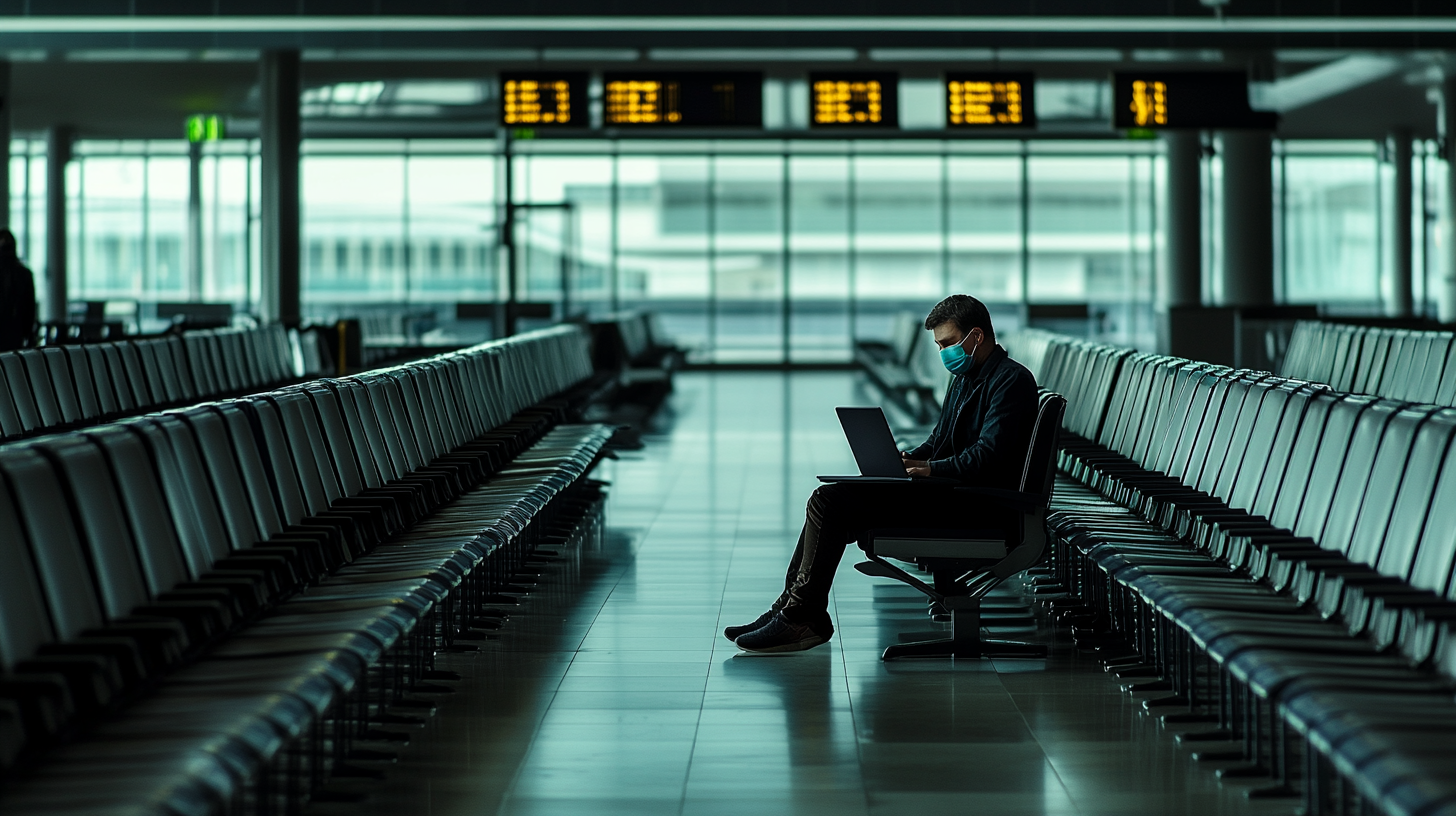
The unexpected onset of the COVID-19 pandemic brought the world to a halt, and business travel was among the most affected sectors. Worldwide travel restrictions, lockdowns, and health concerns compelled companies to rapidly pivot to telecommunication tools for meetings, conferences, and even negotiations. This unprecedented shift not only proved to be cost-effective but also challenged long-held beliefs about the necessity of frequent in-person meetings. In France, for instance, business travel plummeted by an estimated 70%, ushering in a new era of virtual collaboration and raising questions about the future of traditional business travel.
Post-Pandemic Trends

As vaccination rates increase and global activities cautiously resume, business travel is witnessing a gradual rebound. However, it’s not merely a return to the old ways; it’s an evolution toward more purposeful and strategic travel. There’s a heightened emphasis on health protocols, safety measures, and flexibility to adapt to changing circumstances. Hybrid models that seamlessly blend virtual and in-person interactions have become prevalent, acknowledging both the efficiency of technology and the irreplaceable value of personal connections. Companies are now more discerning about travel, prioritizing trips that offer significant strategic value.
The Importance of Business Travel
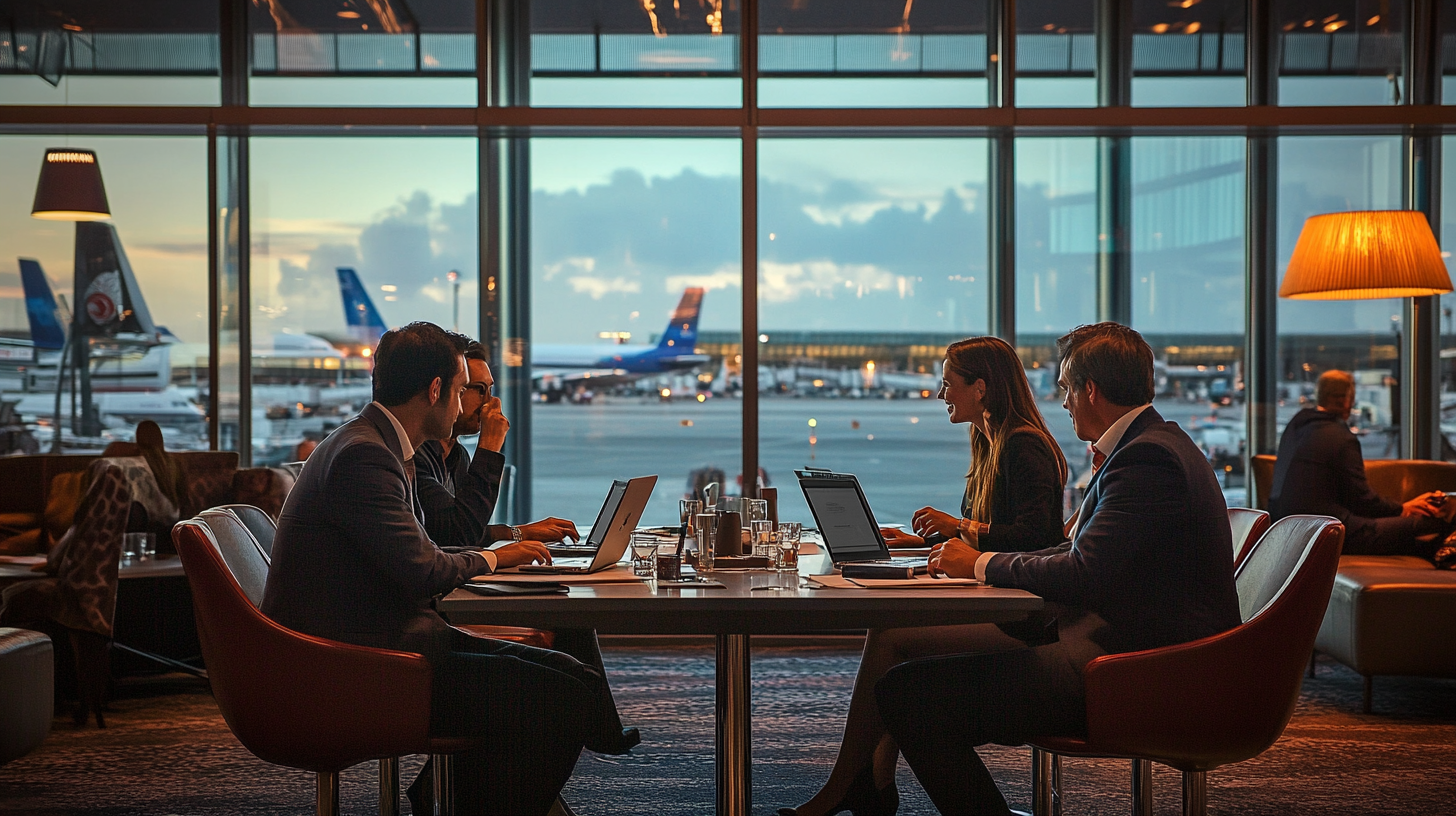
Building Relationships and Closing Deals

In the realm of business, relationships are the cornerstone of success, and business travel plays an indispensable role in nurturing these connections. Face-to-face meetings transcend the limitations of virtual communication by fostering genuine trust, understanding, and rapport—elements crucial during high-stakes negotiations and partnership discussions. For many cultures and industries, a handshake and direct eye contact are irreplaceable in sealing deals. The ability to read body language and subtle cues during in-person interactions can significantly influence outcomes and is a key advantage for companies looking to maintain a competitive edge.
Networking and Career Advancement

Traveling for work opens doors to a myriad of networking opportunities that are often unattainable from behind a screen. Attending international conferences, symposiums, and industry events allows professionals to not only gain cutting-edge insights and learn best practices but also to share their own expertise on global platforms. Such experiences are instrumental in career advancement, providing visibility, fostering mentorship relationships, and often leading to collaborative projects. The exposure to diverse perspectives and cultures enriches professionals personally and enhances their ability to contribute innovatively to their organizations.
Economic Impact

On a macroeconomic scale, business travel is a significant driver of economic growth and globalization. It facilitates international trade, foreign investment, and cultural exchange, which are essential for the development of emerging markets and the stability of established economies. Industries such as aviation, hospitality, and event management heavily rely on business travelers for revenue. An estimated 405 million long-distance business trips occur annually in the U.S. alone, fueling local economies and sustaining millions of jobs. Major cities like New York City thrive as global business hubs, underscoring the profound economic ripple effect generated by the business travel sector.
Challenges of Business Travel
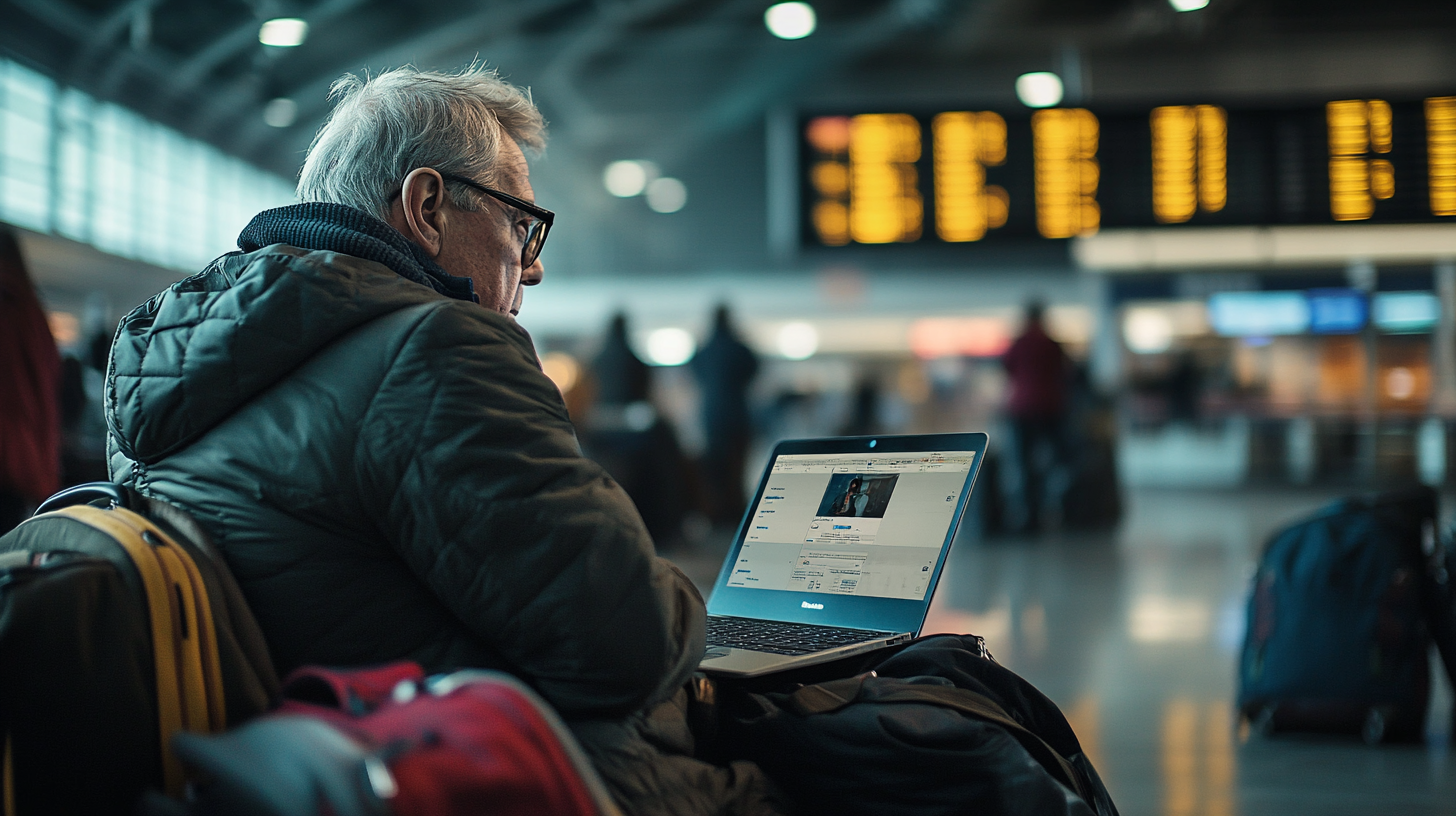
Mental Health and Personal Life Impact

While business travel can be professionally rewarding, it often comes with a personal cost. Frequent travelers may grapple with issues such as chronic stress, sleep disturbances, and feelings of isolation due to prolonged periods away from family and social support networks. The pressures of constant movement, coupled with the demands of work, can increase the risk of burnout and negatively impact mental health. A survey by a global travel association revealed that over 50% of business travelers experience increased anxiety levels, highlighting the need for organizations to address these well-being concerns proactively.
Cost Management and Logistics

For organizations, the financial implications of business travel are significant and multifaceted. Beyond the obvious expenses like flights, accommodations, and meals, there are hidden costs associated with administrative tasks, productivity loss during transit, and potential compliance risks. Effective cost management requires meticulous planning and oversight to ensure that travel expenditures yield a strong return on investment. Companies often implement strict travel policies and leverage technology to optimize bookings and negotiate corporate rates, yet the complexity of logistics remains a persistent challenge that demands strategic solutions.
Work-Life Balance Issues

The rigorous demands of business travel can disrupt an employee’s work-life balance significantly. Navigating different time zones can lead to chronic jet lag, affecting cognitive function and productivity. The unpredictability of travel schedules may interfere with personal commitments, leading to strain in personal relationships and reduced job satisfaction. Employers are increasingly recognizing the importance of supporting their traveling employees by offering perks such as flexible scheduling, wellness programs, and opportunities to combine personal time with business trips—a trend often referred to as “bleisure” travel.
Managing Business Travel Efficiently

Corporate Travel Management Systems

In response to the complexities of modern business travel, many organizations are adopting sophisticated corporate travel management systems. These platforms integrate various aspects of travel planning, from booking and approvals to expense tracking and policy compliance. By automating routine tasks and providing real-time data analytics, they empower companies to make informed decisions, negotiate better rates, and enhance traveler satisfaction. Tools like comprehensive corporate travel management solutions are instrumental in reducing administrative burdens and streamlining the entire travel process.
Travel Policies and Compliance

Establishing clear and effective travel policies is fundamental to managing costs and ensuring the safety and well-being of employees. Such policies define permissible expenses, approval workflows, preferred suppliers, and guidelines for traveler behavior. They also address compliance with legal and tax regulations across different jurisdictions. Regular training and communication about these policies are essential to foster adherence and minimize risks. Resources like best practices for corporate travel policy development provide valuable insights for organizations looking to refine their approach.
Technological Advancements
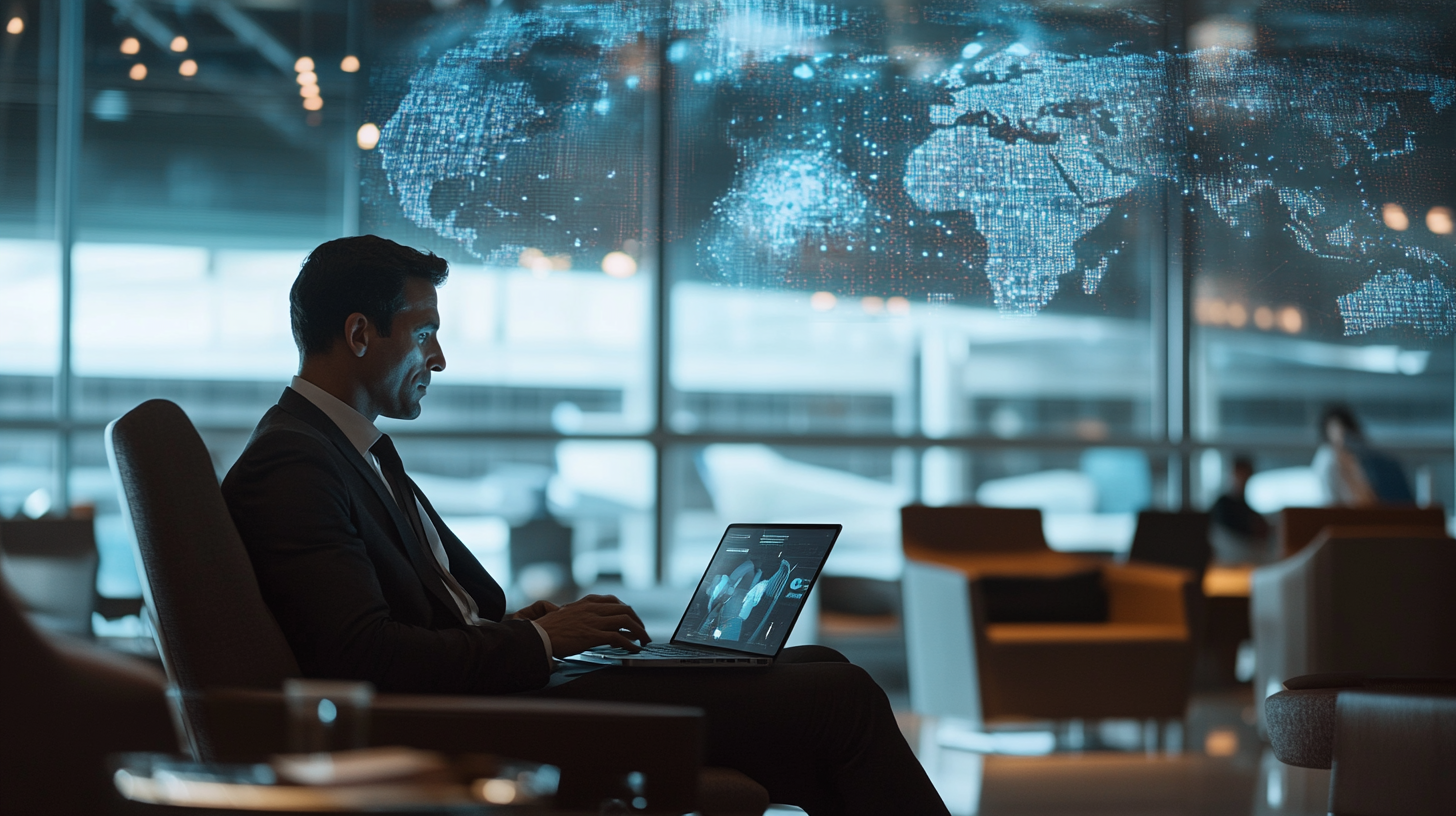
The advent of digital technologies has revolutionized the business travel landscape. Mobile apps, AI-driven booking platforms, and virtual assistants enhance the travel experience by simplifying itinerary management, providing real-time updates, and facilitating emergency assistance. Innovations such as virtual reality meetings and blockchain-based tracking systems are on the horizon, promising to further transform how business travel is conducted. Embracing these technological advancements not only increases efficiency but also aligns with the expectations of a tech-savvy workforce.
Tax Implications of Business Travel

IRS Definitions and Guidelines

For professionals and organizations in the United States, understanding the tax implications of business travel is crucial. The Internal Revenue Service (IRS) defines business travel as work-related travel away from the taxpayer’s main place of business that requires sleep or rest, typically overnight. This distinction is important because ordinary commuting expenses between home and a regular place of work are not deductible. Compliance with IRS guidelines ensures that both employers and employees accurately report expenses and avoid potential audits or penalties.
Deductible Expenses

The IRS allows for the deduction of various business travel expenses, provided they are ordinary and necessary. These include costs for transportation (airfare, car rentals, taxis), lodging, meals, and incidental expenses such as dry cleaning or business calls. However, limitations apply—for example, only 50% of meal expenses are typically deductible. When using personal vehicles for business travel, taxpayers can choose between the standard mileage rate or actual expense method for deductions. It’s important to note that lavish or extravagant expenses are not considered deductible, and meticulous record-keeping is essential to substantiate claims.
Reimbursements and Deductions

Companies often reimburse employees for business travel expenses, typically under an accountable plan, which requires employees to substantiate expenses and return any excess reimbursement. For unreimbursed expenses, employees may be able to claim deductions, although changes under the Tax Cuts and Jobs Act have limited this ability for certain employees. Self-employed individuals, however, can continue to deduct eligible travel expenses directly. Additionally, it’s crucial to recognize that expenses paid with reward points or miles are generally not deductible, as they do not involve out-of-pocket expenses. Utilizing tools like comprehensive guides on business travel tax deductions can help navigate these complex rules.
The Future of Business Travel
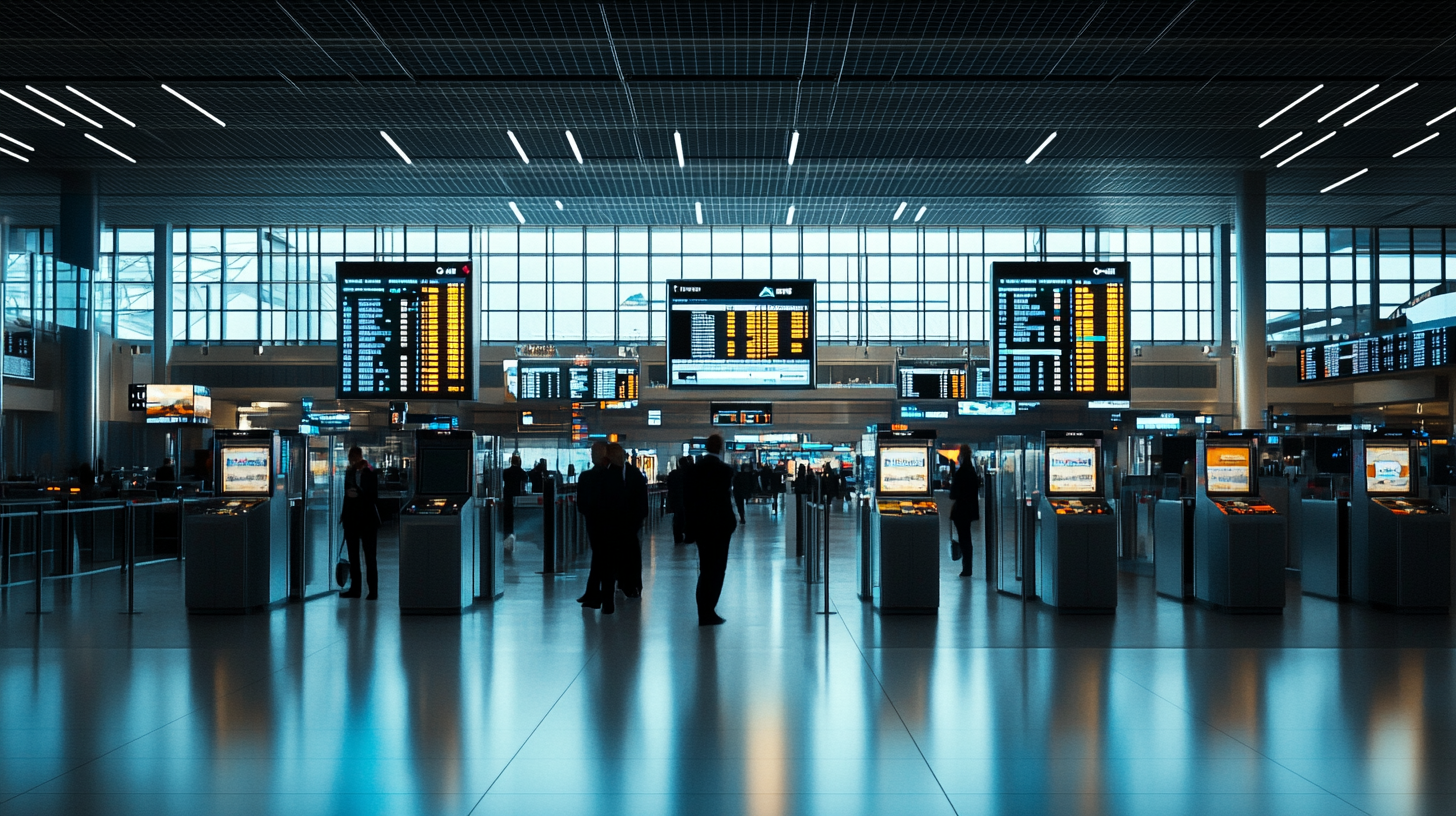
Evolving Models Post-Pandemic

The future of business travel is poised to be a hybrid model, integrating the efficiency of virtual communication with the strategic value of in-person meetings. Organizations are adopting a more intentional approach, evaluating the necessity and potential ROI of each trip. Environmental sustainability is also becoming a key consideration, with companies seeking to reduce their carbon footprint by optimizing travel schedules and investing in carbon offset programs. The pandemic has accelerated these trends, leading to innovative strategies that balance business objectives with social responsibility.
Emphasis on Health, Safety, and Flexibility
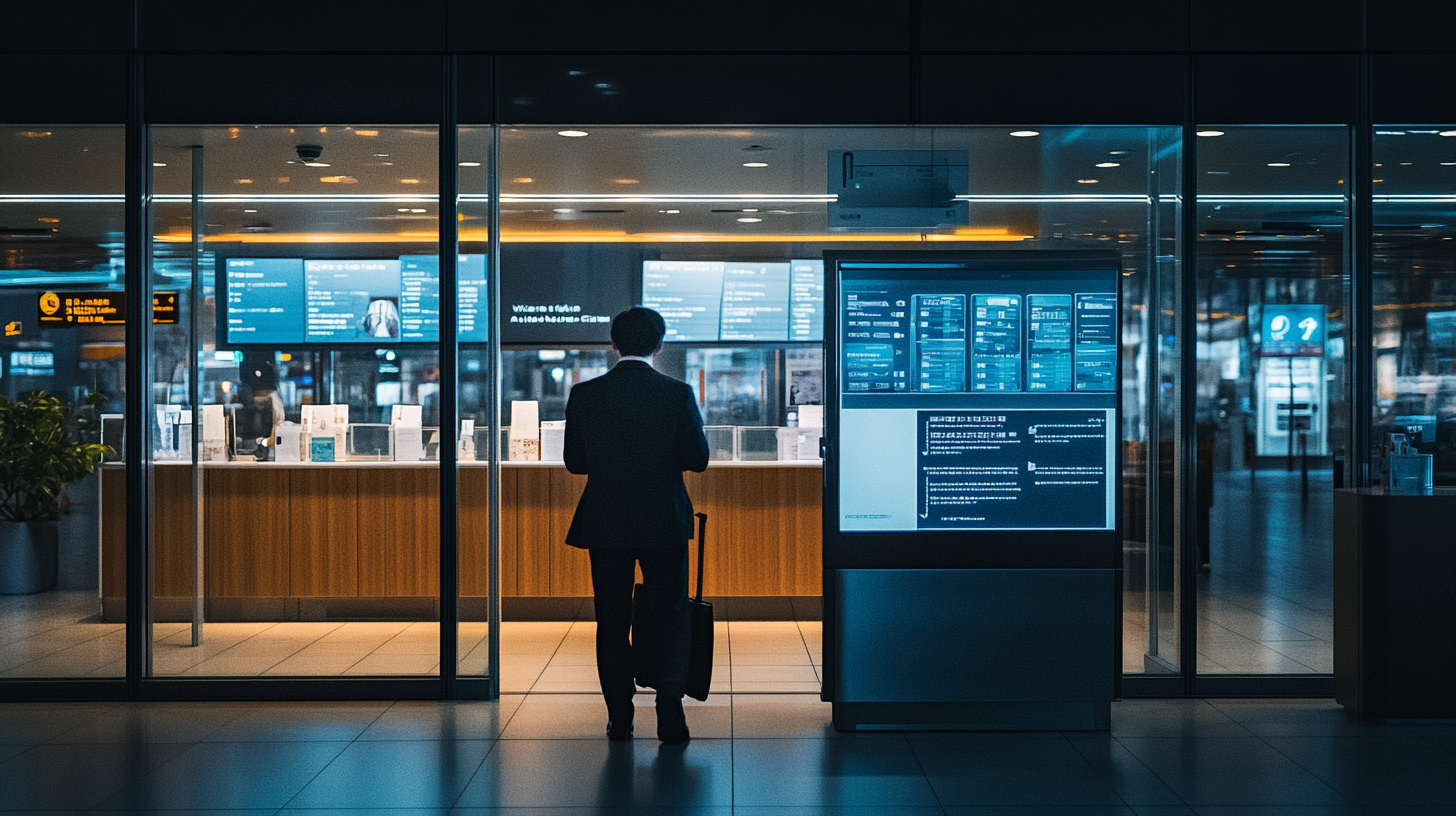
Health and safety have ascended to the forefront of business travel planning. Employers are implementing robust duty of care policies, which include ensuring that accommodations meet health standards, providing access to healthcare resources while abroad, and offering flexible cancellation options. There’s also a growing emphasis on traveler well-being, with companies encouraging practices that mitigate travel-related stress. The rise of “bleisure” travel reflects a shift toward integrating personal wellness with professional obligations, allowing employees to recharge and maintain a healthier work-life balance during trips.
Final Thoughts

Business travel, in its evolving form, remains a cornerstone of the global professional landscape. It facilitates critical face-to-face interactions that drive partnerships, innovation, and economic growth. While challenges such as cost management, health risks, and work-life balance require careful navigation, the strategic management of business travel can yield significant benefits.
By embracing technological advancements, implementing effective policies, and prioritizing the well-being of travelers, organizations and professionals can continue to leverage the profound advantages of business travel. Follow us back to Seat 5A for more insights and updates.
This blog post was AI-written / human assisted.






